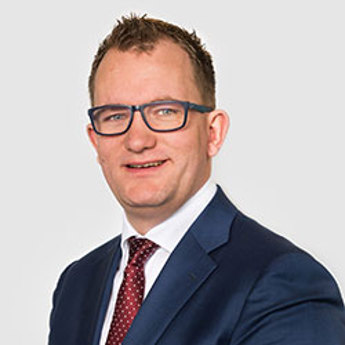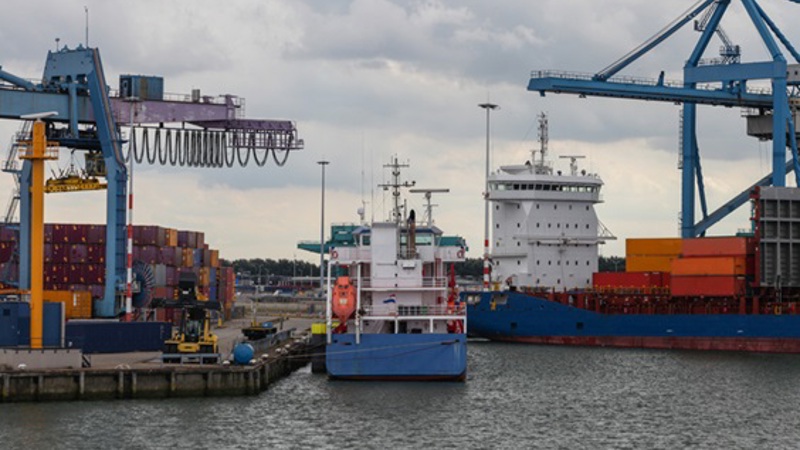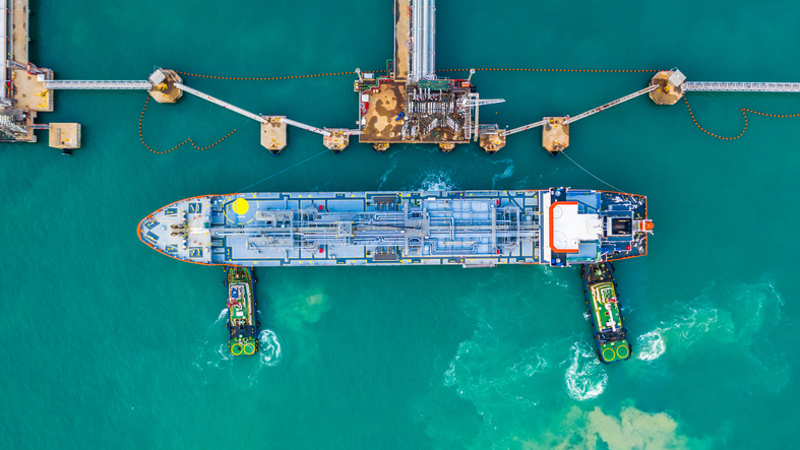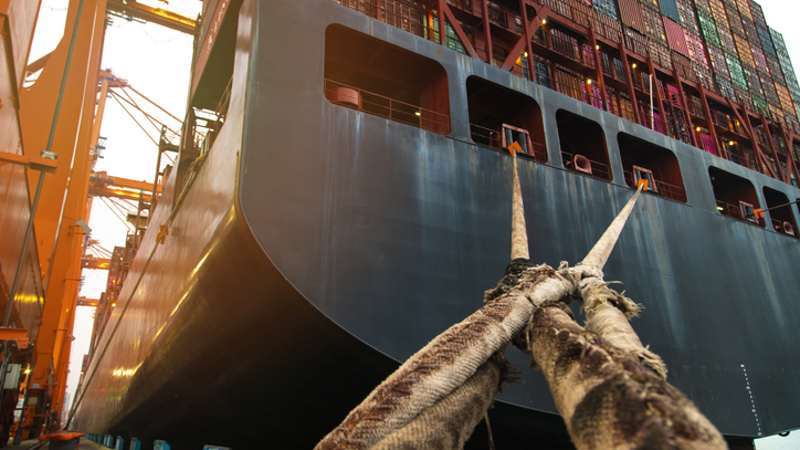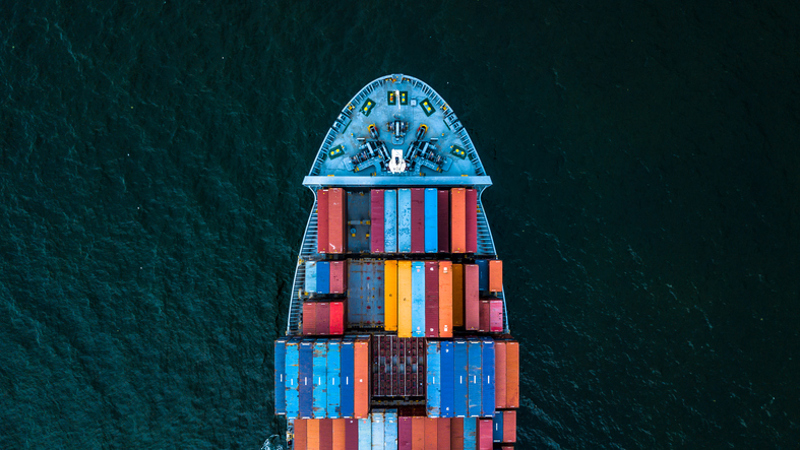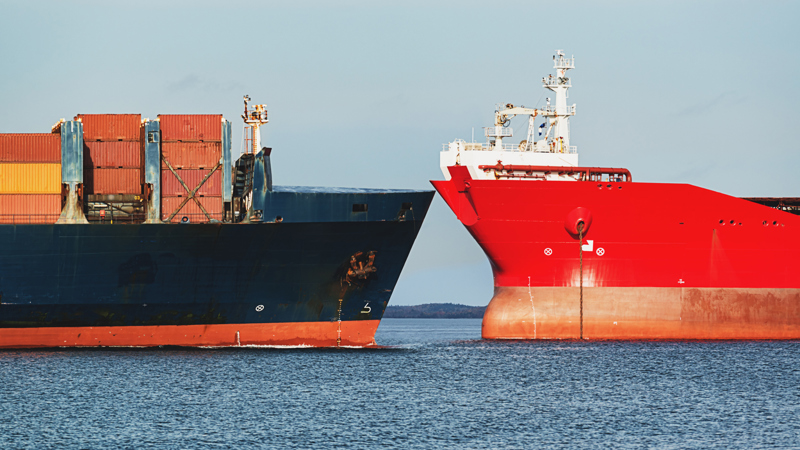Increase of the limits of the CLNI 2012 as of 1 March 2025
March 2025
Shipowners’ right to limit liability
For centuries, shipowners have had the legal right to limit their liability in the event of a maritime incident, such as collisions. Its origins date back to a time when ships were made of wood, and sailors were made of steel. The right was introduced as a mechanism to ensure that the financial risks faced by shipowners remain manageable.
Limitation of liability in inland shipping
The Netherlands is a signatory to various international conventions that grant shipowners this right. For seagoing vessels, this principle is set out in the 1976 Convention on Limitation of Liability for Maritime Claims (LLMC) and its 1996 Protocol (commonly known as the London Limitation Convention). For inland navigation, the Strasbourg Convention of 2012 on the Limitation of Liability in Inland Navigation (CLNI 2012) applies in the Netherlands. The basic principles of the CLNI 2012 have been incorporated in the Dutch Civil Code (title 12 of Book 8 DCC).
If a shipowner faces claims that qualify for liability limitation under applicable law and the circumstances warrant it, he has the right to limit their liability. This is done by establishing one or more limitation funds. For inland vessels, Dutch law allows the constitution of specific limitation funds for certain claims arising from a single incident. These funds serve as a financial cap on the shipowner’s liability, ensuring predictable exposure while balancing the interests of claimants. The key limitation funds available to owner of inland vessels under Dutch law include:
- the personal injury fund for claims in respect of loss of life or personal injury of persons (not being passengers on board the vessel);
- the passenger fund for claims arising on any distinct occasion for loss of life or personal injury to passengers of a vessel;
- the dangerous goods fund for claims arising in respect of damage resulting directly or indirectly from the dangerous nature of the goods;
- the water pollution fund for claims for damage due to a change in the physical, chemical or biological quality of the water;
- the property fund for all other claims.
In daily practice the property fund is established most often for inland vessels. It applies for instance to claims arising out of collisions including collisions against bridges and sluices, blockages of waterways and removal of wrecks.
Liability limits are expressed in Special Drawing Rights (SDR), a currency unit set by the International Monetary Fund (IMF). The size of these funds depends on factors such as the type of the vessel, the vessel’s displacement, the kW of power of the propulsion machinery and its value. Once these funds are established, shipowners are generally not liable beyond the total amount of the fund.
Increased limits under the CLNI 2012
Article 20 of CLNI 2012 mandates a regular review of these limits to account for inflation. Following this review, the Secretary General of the Central Commission for the Navigation of the Rhine as Depositary of the CLNI 2012 noticed that inflation hits just as hard in inland shipping, as it does for groceries, energy, electricity and all other things in life. As inflation exceeds 10% (12,6%) a mandatory increase of the liability limits was triggered. This increase entered into force on 1 March 2025. These increased limits have also been adjusted in the ‘Implementing Decree ex Article 8:1065 DCC’.
It goes beyond the scope of this post to set forth all increases in detail. Reference is made to the website of the Central Commission for the Navigation of the Rhine (link) for the wording of the CLNI 2012 that applies from 1 March 2025 onwards (including the increased limits). However, please note that:
- Increase of 12.6% - In general all limits have increased with a factor of 12.6%, i.e. equal to the inflation factor.
- Higher lowest limit - In no case shall the limits of liability be less than SDR 450 400 for claims in respect of loss of life or personal injury or less than SDR 225 200 for all other claims.

